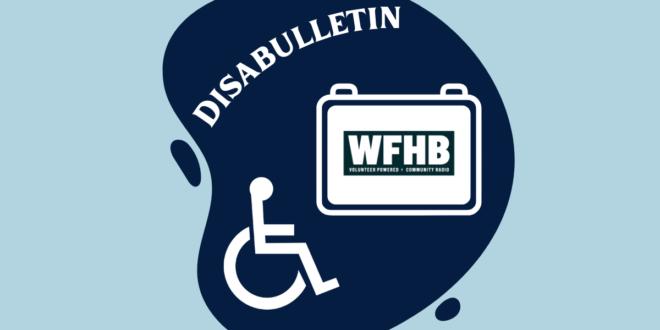Podcast: Play in new window | Download (Duration: 9:24 — 8.3MB)
Subscribe: RSS
Five years ago, Westchester on the Move, A disability rights organization headquartered in Westchester, filed a lawsuit against transportation company Lyft, in which the organization asserted that Lyft was violating the Americans with Disabilities by not providing Wheelchair Accessible vehicles that accommodate customers with non-foldable wheelchairs.
According to an August 22 report by NBC News, “Lyft plans to argue that as a private and not a public company, they are exempt from the Americans with disabilities according to Title III of the Civil Rights, wherein public services may not discriminate against individuals with disabilities.” The latest developments saw Lyft and WDOMI officials appear in a White Plains, New York court on August 29 on whether or not to proceed to a summary judgment, that’s legal speak for whether a judge will look over the facts of the case and make a decision without a trial.
The decision was made to allow both parties to file paperwork for or against a summary judgement by October 3.
Instead of monetary compensation, WDOMI advocates are asking Lyft to help customers in wheelchairs by allowing drivers to categorize their vehicles as Wheelchair Accessible, along with asking Lyft to turn off any app blockers preventing riders from selecting the company’s accessible ride option.
In a statement provided to Disabulletin on September 2, a spokesperson for Lyft stated, “Lyft has a long-standing commitment to maintaining an inclusive and welcoming community, and we’re constantly seeking solutions to address Wheelchair Accessible Vehicle supply challenges.”
Over the last three weeks, the Disabulletin has aired an interview with WDOMI’s attorney in the case Jeremiah Frei Pearson, in which he has provided an overview of the case, along with prior court rulings concerning other ride-share companies and their services for disabled customers:
1. One of the most common arguments that Lyft has used is that they don’t have to provide rides since they are not providing private accommodations per se under Title III of the Americans With Disabilities Act (ADA)? Is there evidence that transportation companies such as Lyft have used federal funds in their operations?
2. I understand that this lawsuit has been in court since 2017 and that one of the primary plaintiffs is a woman named Harriet Lowell and the organization WDOMI. Is there a certain requirement as to how many people are required to file such a lawsuit? Does an organization such as WDOMI qualify by itself or are others needed?
3. What has Harriet’s experience been like throughout this case thus far?
4. How have you been able to round up support for your case in ways that are similar or different to previous cases regarding the requirement that transportation companies provide wheelchair access to customers?
 WFHB Bloomington Community Radio
WFHB Bloomington Community Radio


